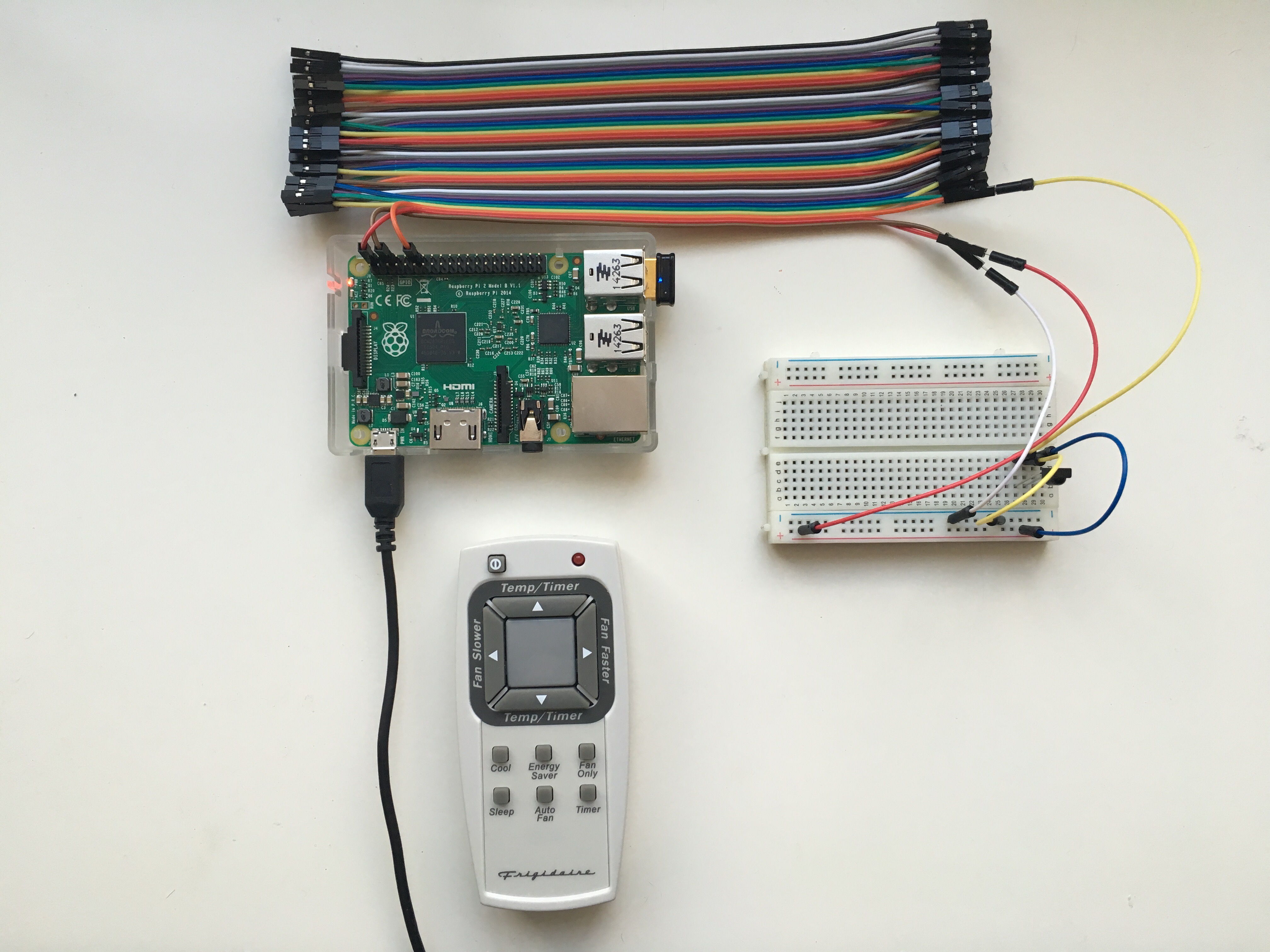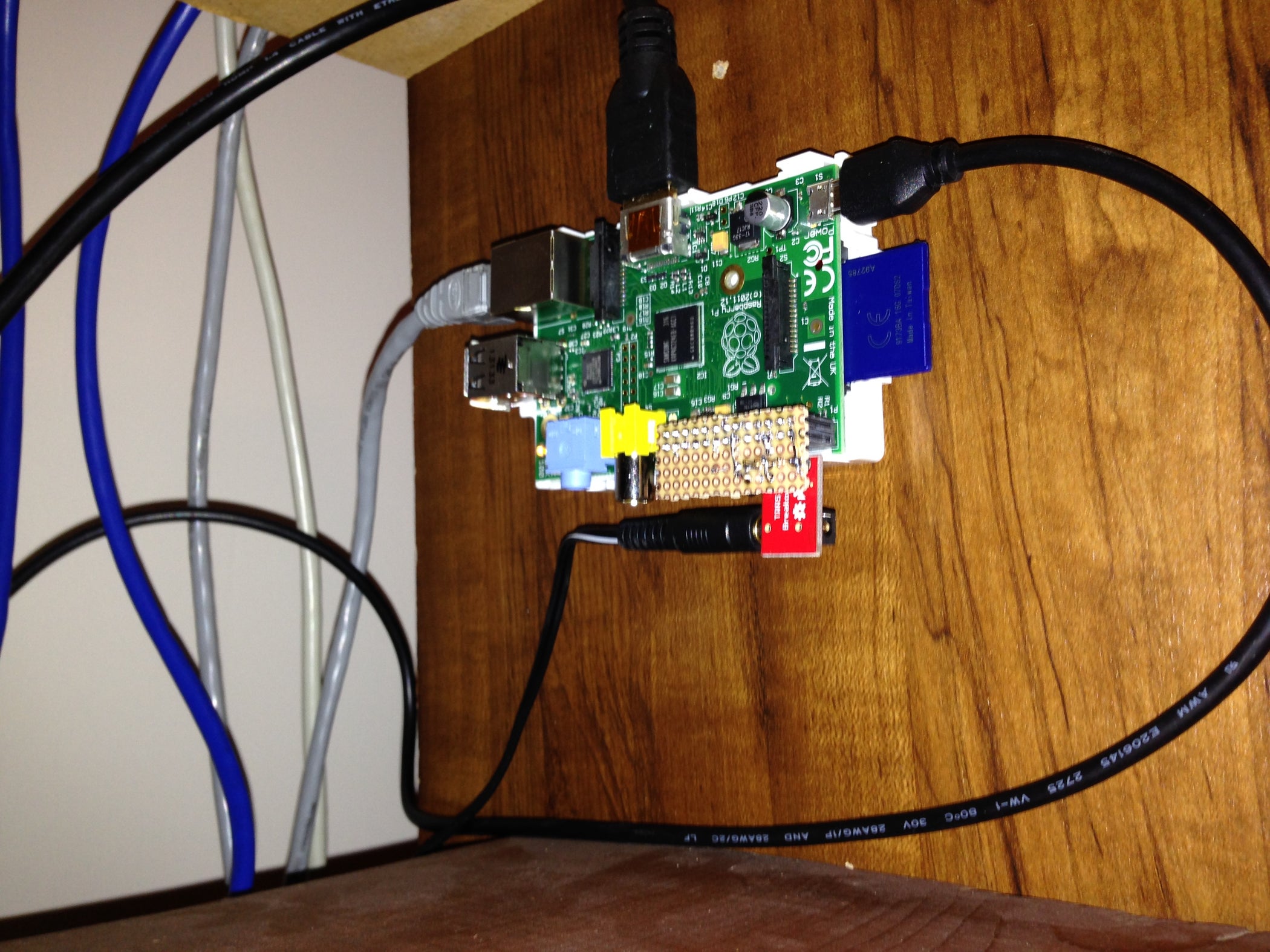Raspberry Pi Batch Job Over Internet: Your Ultimate Remote Work From Home Near Solution
So, you’ve heard about Raspberry Pi and how it can revolutionize the way you work remotely, right? Well, let me tell you, this little device is not just a tech toy—it’s a powerhouse for running batch jobs over the internet, especially if you're looking to set up a remote work from home near setup. Whether you're a developer, a tech enthusiast, or someone who wants to automate tasks from anywhere in the world, Raspberry Pi can be your best friend. But how exactly does it work, and why should you care? Let’s dive in!
Raspberry Pi has been making waves in the tech community for years now, but its potential for remote work and batch processing is often overlooked. Imagine being able to schedule and execute complex tasks from the comfort of your home, or even while you're sipping coffee at a café down the street. That's the beauty of Raspberry Pi batch job over internet. It’s like having a personal assistant that never sleeps, always ready to tackle your computational needs.
Now, if you're wondering how this little device can handle such heavy-duty tasks, you're not alone. Many people are skeptical at first, but once they see the power and flexibility of Raspberry Pi, they’re hooked. In this article, we'll explore everything you need to know about using Raspberry Pi for remote work, including setting up batch jobs, securing your connections, and optimizing performance. So, grab a snack, sit back, and let's get started!
Understanding Raspberry Pi: The Tiny Powerhouse
Before we dive into the nitty-gritty of Raspberry Pi batch job over internet, let's take a moment to understand what Raspberry Pi actually is. At its core, Raspberry Pi is a single-board computer that’s small enough to fit in the palm of your hand but powerful enough to run a variety of applications. It’s been around since 2012, and since then, it’s become a favorite among hobbyists, educators, and professionals alike.
Here’s a quick rundown of what makes Raspberry Pi so special:
- Cost-Effective: Raspberry Pi models are incredibly affordable, making them accessible to just about anyone.
- Versatile: From home automation to data processing, Raspberry Pi can handle a wide range of tasks.
- Community Support: There’s a massive community of users who contribute tutorials, projects, and software, making it easy to find solutions to common problems.
- Energy Efficient: Raspberry Pi consumes very little power, which is great for both the environment and your electricity bill.
When it comes to remote work, Raspberry Pi offers a unique set of advantages. Its ability to run lightweight operating systems and its compatibility with various programming languages make it an ideal choice for automating tasks and running batch jobs over the internet.
Why Raspberry Pi for Remote Work?
Now that we’ve established what Raspberry Pi is, let’s talk about why it’s such a great option for remote work. In today’s digital age, more and more people are opting for remote work arrangements, whether it’s because they want to cut down on commuting time or simply prefer the flexibility of working from home. And with the rise of remote work comes the need for tools that can help us stay productive and connected.
Raspberry Pi offers several key benefits for remote workers:
- Automation: You can set up batch jobs to run automatically at specified times, freeing up your time for other tasks.
- Remote Access: With the right setup, you can access your Raspberry Pi from anywhere in the world, as long as you have an internet connection.
- Cost Savings: Instead of investing in expensive servers or cloud services, you can use Raspberry Pi to handle many of the same tasks at a fraction of the cost.
- Learning Opportunity: Working with Raspberry Pi is a great way to improve your technical skills and gain hands-on experience with hardware and software.
So, whether you’re a developer looking to automate repetitive tasks or a small business owner trying to streamline operations, Raspberry Pi has something to offer.
Setting Up Raspberry Pi for Batch Jobs
Alright, let’s get down to business. If you’re serious about using Raspberry Pi for batch jobs over the internet, you’ll need to set it up properly. Here’s a step-by-step guide to help you get started:
Step 1: Choose the Right Model
There are several models of Raspberry Pi available, each with its own strengths and weaknesses. For batch processing and remote work, you’ll want to go with one of the more powerful models, such as the Raspberry Pi 4 or Raspberry Pi 400. These models offer better performance and more RAM, which is essential for handling complex tasks.
Step 2: Install an Operating System
Once you’ve chosen your model, the next step is to install an operating system. Raspberry Pi OS is a popular choice, but there are other options like Ubuntu and DietPi that you might want to consider depending on your specific needs. Make sure to download the latest version of the OS and write it to an SD card using a tool like BalenaEtcher.
Step 3: Configure SSH and VNC
SSH (Secure Shell) and VNC (Virtual Network Computing) are essential for remote access. SSH allows you to control your Raspberry Pi from the command line, while VNC lets you access the graphical interface. Both are relatively easy to set up, and there are plenty of tutorials available to guide you through the process.
Securing Your Raspberry Pi for Remote Work
Security is a top priority when it comes to remote work. After all, you don’t want unauthorized users gaining access to your Raspberry Pi and sensitive data. Here are some tips to help you secure your device:
- Use Strong Passwords: Avoid using default passwords and opt for something more complex.
- Enable Firewall: A firewall can help protect your Raspberry Pi from unauthorized access.
- Keep Software Updated: Regularly update your operating system and any software you’re using to ensure you have the latest security patches.
- Use SSH Keys: Instead of relying on passwords, consider using SSH keys for added security.
By taking these precautions, you can rest easy knowing that your Raspberry Pi is safe from potential threats.
Optimizing Performance for Batch Jobs
Performance optimization is key to ensuring that your Raspberry Pi can handle batch jobs efficiently. Here are some tips to help you get the most out of your device:
Tip 1: Use Lightweight Applications
Raspberry Pi has limited resources, so it’s important to use lightweight applications whenever possible. This will help reduce the load on your device and improve overall performance.
Tip 2: Monitor Resource Usage
Keep an eye on your Raspberry Pi’s CPU, memory, and disk usage. Tools like htop and glances can help you monitor these resources in real-time and identify any potential bottlenecks.
Tip 3: Schedule Jobs Wisely
Don’t overload your Raspberry Pi by scheduling too many batch jobs at once. Instead, spread them out over time to avoid overwhelming the system.
Real-World Applications of Raspberry Pi Batch Job Over Internet
Now that we’ve covered the basics, let’s talk about some real-world applications of Raspberry Pi batch job over internet. Here are a few examples:
- Data Processing: Use Raspberry Pi to process large datasets and extract valuable insights.
- Automation: Automate repetitive tasks like file backups, system updates, and data transfers.
- Web Scraping: Set up a Raspberry Pi to scrape data from websites and store it for later analysis.
- IoT Integration: Combine Raspberry Pi with IoT devices to create smart home systems or industrial automation solutions.
These are just a few examples, but the possibilities are endless. With a little creativity, you can use Raspberry Pi to tackle just about any challenge.
Challenges and Solutions
Of course, no technology is without its challenges. Here are some common issues you might encounter when using Raspberry Pi for batch jobs over the internet, along with possible solutions:
Challenge 1: Limited Resources
Solution: Optimize your applications and schedule jobs wisely to avoid overloading the system.
Challenge 2: Security Concerns
Solution: Follow the security tips outlined earlier in this article to protect your Raspberry Pi from potential threats.
Challenge 3: Connectivity Issues
Solution: Use a reliable internet connection and consider setting up a static IP address for your Raspberry Pi to ensure consistent access.
Future of Raspberry Pi in Remote Work
As remote work continues to grow in popularity, the role of Raspberry Pi in this space is only going to expand. With advancements in technology and increasing demand for affordable, powerful computing solutions, Raspberry Pi is well-positioned to become a staple in the remote work toolkit.
Looking ahead, we can expect to see even more powerful models, improved software support, and new applications for Raspberry Pi in remote work. So, if you’re not already using Raspberry Pi, now might be the perfect time to start exploring its potential.
Conclusion
And there you have it—everything you need to know about using Raspberry Pi for batch jobs over the internet and remote work from home near. From setting up your device to optimizing performance and addressing common challenges, we’ve covered it all. Raspberry Pi is a versatile, cost-effective solution that can help you streamline your workflow and take your productivity to the next level.
So, what are you waiting for? Grab a Raspberry Pi, follow the steps outlined in this article, and start exploring the world of remote work and batch processing. And don’t forget to share your experiences and projects with the community—there’s always something new to learn and discover!
Table of Contents
- Understanding Raspberry Pi: The Tiny Powerhouse
- Why Raspberry Pi for Remote Work?
- Setting Up Raspberry Pi for Batch Jobs
- Securing Your Raspberry Pi for Remote Work
- Optimizing Performance for Batch Jobs
- Real-World Applications of Raspberry Pi Batch Job Over Internet
- Challenges and Solutions
- Future of Raspberry Pi in Remote Work
- Conclusion



Detail Author:
- Name : Adrian Quitzon
- Email : yemard@gmail.com
- Birthdate : 1993-09-23
- Address : 2264 Pollich Lane South Heleneshire, TN 12315
- Phone : 1-641-412-2794
- Company : Jacobs PLC
- Job : Interpreter OR Translator
- Bio : Dolor exercitationem ut alias molestias molestiae. Assumenda exercitationem soluta sapiente. Sint facilis doloribus dignissimos. Perspiciatis dolore ut modi.